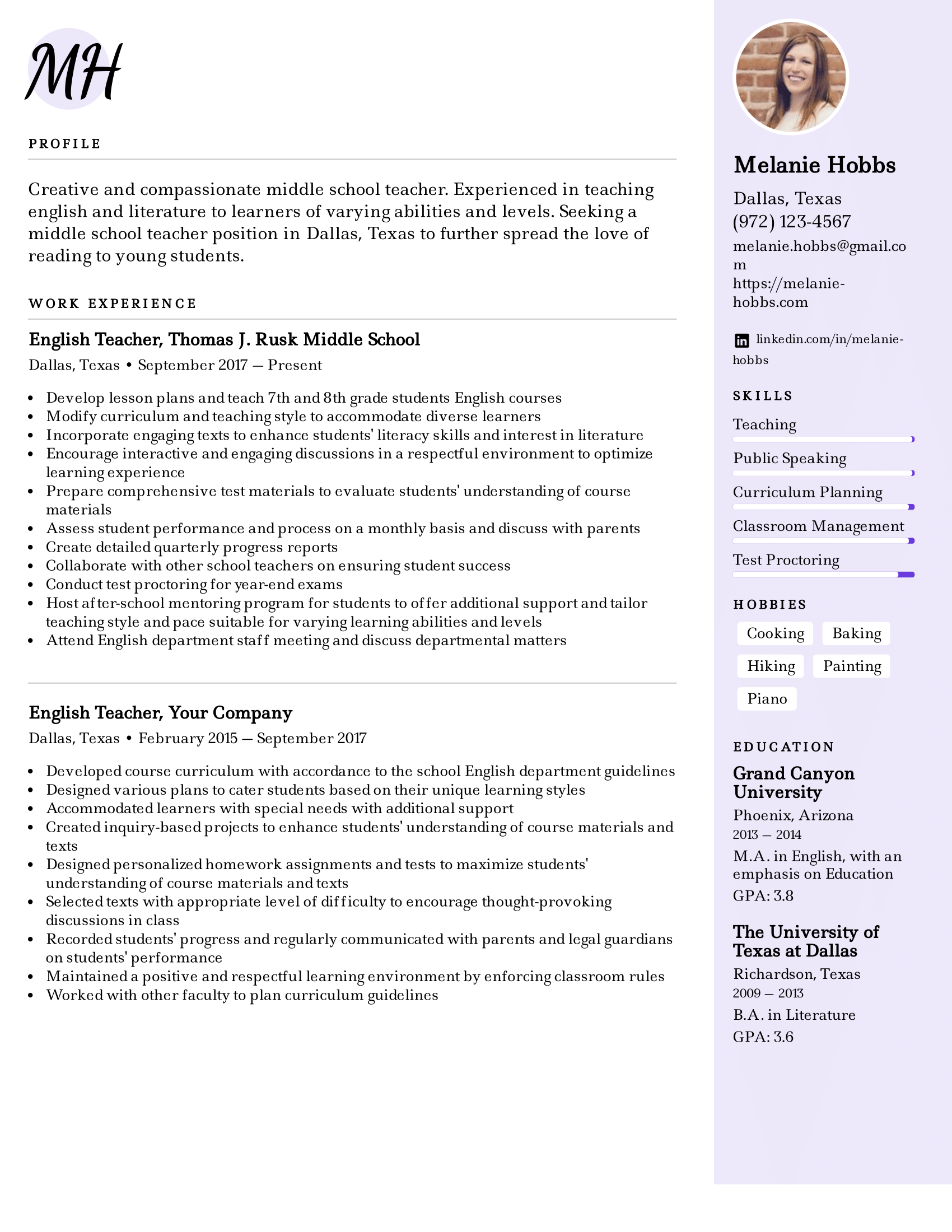Whip up a delicious resume with little prep and no mess!







Chefs prepare menus and oversee kitchen staff as they make the dishes. Chefs also create new recipes, keep track of inventory, and ensure all staff are in line.
See our list of over 350 action verbs to find more.
Chefs are the kings of their kitchen, and therefore they need to have good communication skills in order to keep the operations going. Chefs must also be creative with dishes, efficient at recording inventory, and punctual about fulfilling orders.
Chefs require a high school diploma or GED. Those looking to specialize in a certain cuisine or work for a high-end establishment should pursue a college degree or a program in culinary school. However, most chefs learn their skills on the job.
Requirements for licensure vary by state but generally involve the following:
Job Outlook
The job outlook for Chefs is growing at 11% per year, which is considered to be much faster than average. In 2018 there were 139,000 jobs available.
Average Salary
Chefs make $51,530 per year on average. However, salaries could be as high as $86,990 depending on experience and location.
Top Paying Salaries by State
Search for Chef Jobs
Learn how to format contact information on your resume and what information to share with the hiring manager.
Read this how-to guideDon't know whether you should write a one-page or two-page resume? Find out when it is appropriate to write a two-page resume and learn how to write it correctly.
Read this how-to guideIn this guide, we will cover everything you need to know about including references on a resume, from how to format them to how to know when they should be included at all.
Read this how-to guideYour work experience is a summary of all your hard work, dedication and achievements over the years. Here's how to do justice to your work history.
Read this how-to guideTo include or not to include (a profile photo or a selfie) — that is the question.
Read this career-advice articleLearn essential strategies to land your first, second, or even fifth internship as a college student.
Read this career-advice articleIncluding a resume objective statement on your resume can help clarify your intentions to employers. Plus, it can help to show why you are a good fit for the job! In this guide, we will be covering exactly what a resume objective statement is, when to use one, and how to write it effectively.
Read this career-advice articleLearn essential tips from resume examples to make the right decision on including your gpa in your resume, especially if you have a low GPA.
Read this career-advice article